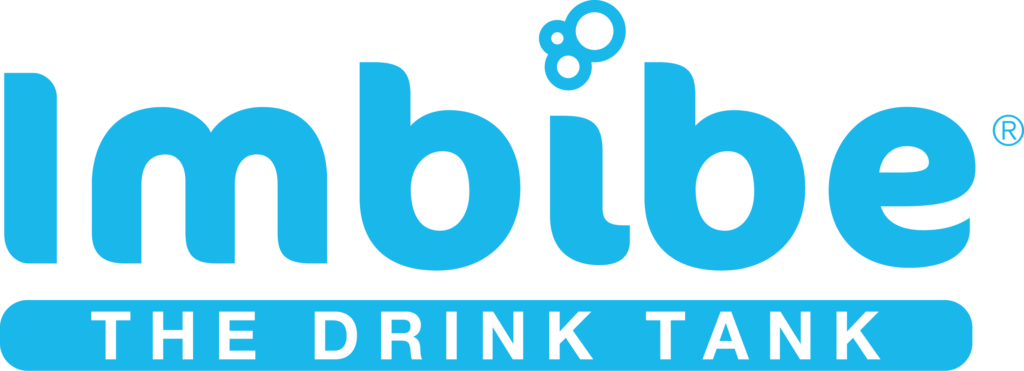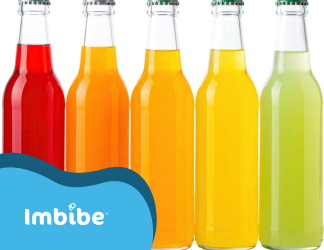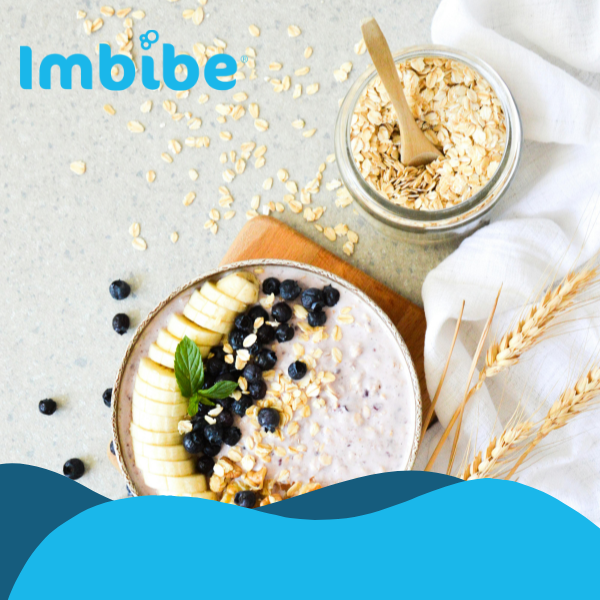 It’s now commonplace for multiple certifications and claims to adorn a single food or beverage product, especially within natural and clean-label product categories. I was recently asked to clarify some of the most popular clean-label certifications and claims and explain how obtaining those claims affects the development and commercialization of the finished product. In doing so, I realized that even though industry professionals are familiar with the terminology and buzz words, there is still confusion about what marketing claims products can use, and what certification require involving a certifying body. I will clarify some of those nuances here and also share a few predictions on what I believe will be the round of clean-label certifications.
It’s now commonplace for multiple certifications and claims to adorn a single food or beverage product, especially within natural and clean-label product categories. I was recently asked to clarify some of the most popular clean-label certifications and claims and explain how obtaining those claims affects the development and commercialization of the finished product. In doing so, I realized that even though industry professionals are familiar with the terminology and buzz words, there is still confusion about what marketing claims products can use, and what certification require involving a certifying body. I will clarify some of those nuances here and also share a few predictions on what I believe will be the round of clean-label certifications.
Unless, it’s used to refer to a specific ingredient in a product, “Organic” is a certification. Organic products must be grown, produced, inspected, and certified to be in compliance with the organic standards of USDA’s National Organic Program (NOP). To obtain the USDA Organic Certification, a finished product needs to contain at least 95 percent organic-certified ingredients by weight, and the remaining 5 percent need to be organic-compliant. In addition to a facility needing approval to produce organic ingredients, each individual organic ingredient coming out of that facility also has to be certified, which generally takes anywhere from two to six weeks. When brands do not qualify for the USDA organic seal, they may maintain the clean-label ethos by including a “Made with Organic” claim about a specific ingredient. The regulation is that 70 percent of the finished product must be made with organic certified ingredients.
Read more on Natural Products Insider



